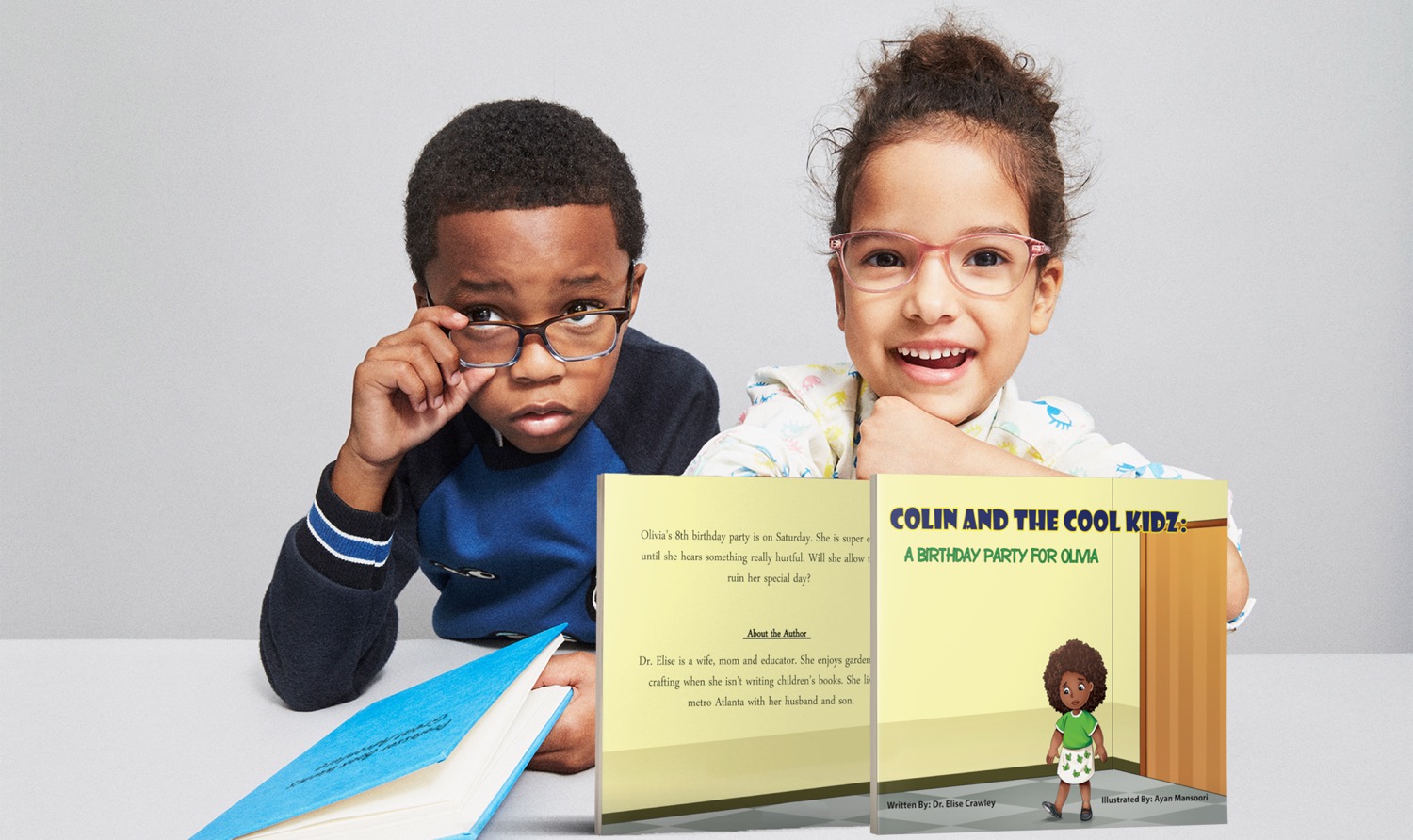Tuesday's Tip: Transition Planning - Assessments Come First
- Dashonera Crawley
- Apr 11, 2023
- 2 min read
As our scholars start to transition from middle to high school and high school to life beyond it is important that parents and scholars understand the meaning of the transition plan in the Individualized Education Program (IEP). IDEA defines transition as a “results-oriented process” focused on improving academic and functional achievement that supports successful post-secondary training and programs, vocational training, work, independent living, recreation, and inclusion in the community. The focus in IDEA on transition planning is a reaction to the unacceptably low graduation rates and deplorable post-secondary achievements of scholars with disabilities.
Scholars with disabilities have available to them a free appropriate public education which is designed to enable the scholar to participate fully and independently in the community, including preparation for employment or higher education.
Transition services are a coordinated set of services that help scholars transition post-secondary education / post school activities such as:
College or university programs
Continuing and adult education
Vocational training
Employment
o Integrated competitive employment
o Supported employment
Adult services from various agencies
Independent living
Community participation
300.43 (2) Is based on the individual scholar’s needs, taking into account the scholar's strengths, preferences, and interests; and includes-
Instruction
Related services
Community experiences
The development of employment and other post-school adult living objectives, and
If appropriate, acquisition of daily living skills and functional vocational evaluation.
WHAT TO PLAN FOR
Transition planning is not just one meeting. It is a change from the normal IEP process. (Grade 8, 9, 10,11 &12 - to age 21) The earlier the IEP transition planning process begins in earnest the better. It may begin with interest inventories in order to get some ideas of the kinds of things the scholar is interested. From that starting point, the assessment of skills and potential can inform the longer-term plan. These evaluations are very different from traditional psycho-educational evaluations. They include:
Identifying skills needed for transition based on Transition Skill Assessment that assess Functional Skill in all areas of academics, community, recreation, job, independent living and social communication.
Getting baselines and identifying needs through these transition assessments.
Exploring community experiences and educational options
Identify concerns of school district, family and consultants
Apply for adult services in a timely fashion (waiting lists and limited funding) Office of Vocational Rehabilitation (OVR), Supplemental Security Income (SSI), independent living and waivers)
Transfer case to appropriate Case MangerSSSS (not a typo) and appropriate agencies (you could have as many as 9)
CHOOSE WHAT IS RIGHT BUT HARD NOT WHAT IS EASY AND WRONG
Here is a list of transition assessments that address functional skills. This list is not a complete but definitely offers some good options to ask for from your scholar's school as they prepare for life after high school.
Ansell‐Casey Life Skills Assessments
(AFLS) Assessment of Functional Living Skills
BRIGANCE Transition Skills Inventory
CIPSI: Career Interests, Preferences, and Strengths Inventory
C.I.T.E. Learning Styles Instrument
Drive of Your Life Employment Free
Envision Your Career Employment http://www.impactpublications.com/envisionyourcareeralanguagefreevideocareerinterestinventorydvd. aspx Futures Planning
Functional Independence Skills Handbook FISH
Life Skills Inventory: Independent Living Skills Assessment Tool
O*NET Ability Profiler Employment
O*NET Interest Profiler
O*NET Work Importance Locator
Personal Preferences Indicators
Study & Learning Skills Inventory
http://www.proom/customer/productView.aspx?ID=1645 eriop=567.com


Comments